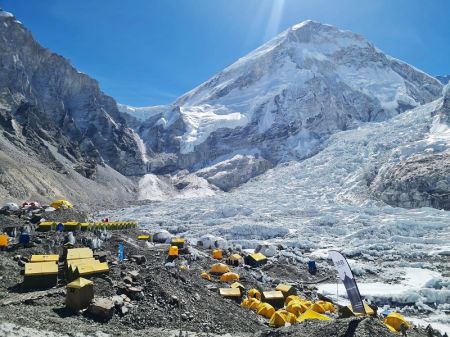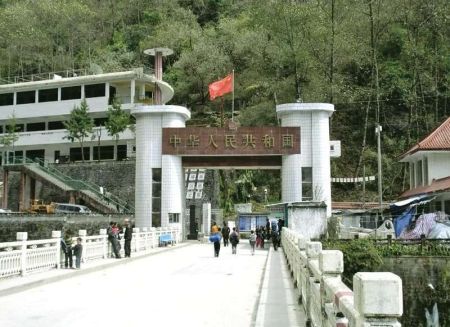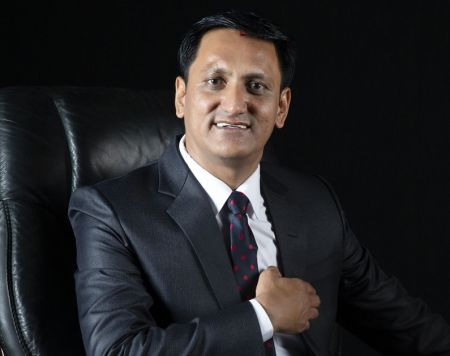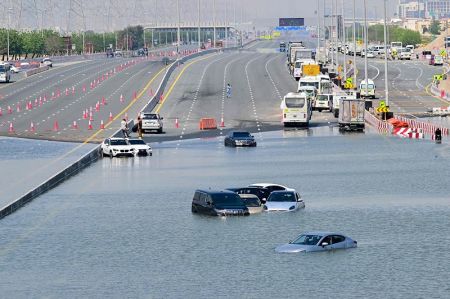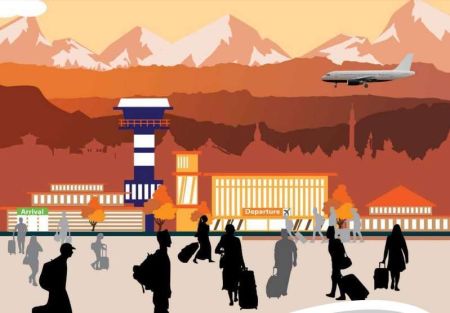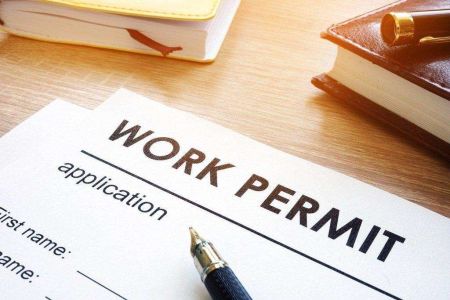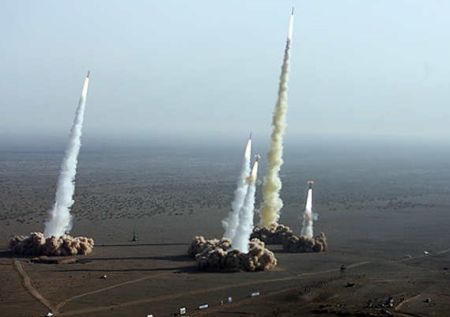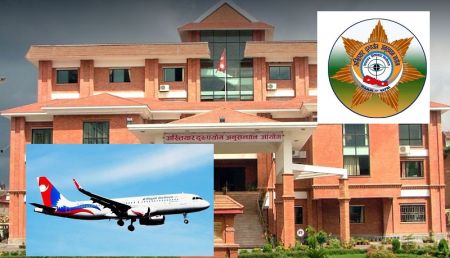
--By Sanjeev Sharma
As the crisis in Ukraine continues to drag on, Russian economy is increasingly showing signs of sliding into recession. The annexation of Crimean peninsula and unrest in eastern Ukraine - termed by many as the adventurism of Russian President Vladimir Putin - also brought severe economic costs to the northern Eurasian giant. The worst standoff between Russia and the west since the end of cold war has sparked outflow of foreign investments from the Russian economy. Official data suggest that Russia witnessed net capital outflow amounting to USD 63 billion in the first quarter of 2014, more than double from the same period of last year. Similarly, GDP projections for this year also points to the fact that the country is swiftly descending into recession. Last month Russian finance minister Anton Siluanov warned the country is facing 'most difficult economic circumstances since the 2008 crisis.' Siluanov in a government briefing estimated GDP growth to be 0.5 per cent or perhaps around zero in 2014. He was echoed by economy minister Alexei Ulyukayev who informed the parliament that national output contracted by 0.5 per cent in the first quarter this year compared to the fourth quarter of 2013.
The unfolding of new chapters in Ukraine crisis and alleged Russian involvement is also affecting the sentiments of Russian investors very badly. After the ouster of Ukraine's pro-Russian president Viktor Yanukovych in February, the country's stock market plunged to multi-year lows. Amid the political turmoil in Ukraine and western sanctions placed against some influential people close to president Putin, Russia's heavyweight stock indicator, the RTS Index has lost its value by more than 21 percent in 2014. The Ruble is also in deep trouble as the currency weakened by capital flight has devalued by almost 10 per cent since mid-January. Meanwhile, in the wake of newly erupted geo-political tensions yields of long-term Russian government bonds have sky rocketed increasing the cost of public borrowing. The fear of investors seems to be driven by escalation of chaos in Ukraine which could further lead Russia into tighter sanctions or start of armed conflict in the region.
Russia enjoyed a healthy economic growth in the 2000s. In between 1999-2010 the country saw average GDP growth at 5.42 per cent. Despite the turbulence in Europe and United States alongside bleak global macroeconomic scenario, Russia was able to achieve respectable growth rates- 4.2 per cent in 2011 and 3.4 per cent in 2012- compared to its western peers. The country after experiencing a tumultuous decade following the collapse of Soviet Union in the early 90s largely benefitted from the era of 'commodity super cycle.' Gas, oil, coal, timber and metals along with precious metals and stones topped Russia's exports led by the rise in demand especially in emerging markets as well as the concerns over the long-term supply availability. This resulted in the double-digit spike in commodity prices in the last decade and exporting nations accumulated substantial amount of wealth. The vast natural reserves of such minerals in Ural Mountains, Siberia and the Far East gave the country an edge to rise to the spot of top supplier. Before the US toppled down Russia in oil exports in 2013, the nation was the largest non-OPEC oil exporter in the world. Similarly, Russia is the world's largest natural gas exporter accounting 20 per cent of the total production in the world. Likewise, services sector also boomed in 90s and 2000s, ultimately becoming the largest sector which accounts for 58 per cent of the country's GDP. Apart from these, traditional exports of arms and military hardware also played vital role in the Russian economy.

The sound economic growth was made possible by political stability. Vladimir Putin, who came to the center stage of Russian power play in the late 90s was hailed for ending chaotic economic and social environment. After crushing Islamic insurgencies in Chechnya and Dagestan,the strongman gained widespread popularity among ordinary Russians and quickly turned into an influential figure in global politics. Under Putin's leadership, the fragile economy stabilized resulting in huge inflow of foreign investments in the former communist nation. Russian economy wasn't seen much affected by the crises in US and Europe due to effective integration of short-term macroeconomic policies.
However, for the time being, good times seem to have passed away for Russia in the post-crisis world. The success story did not last long as the country's GDP growth slumped to 1.3 per cent in 2013. Sluggish demand in Europe and US coupled with slowing economic activities in emerging markets has asserted considerable pressure in the nation's economy. Amid the sovereign debt crisis, energy demand in Europe fell significantly- mainly caused by decline in factory activities- hurting the major Russian export. Investments from US and elsewhere also turned away due to macroeconomic uncertainties and depressed domestic demand. The slump in domestic demand, as per a report by a reputed global research firm Capital Economics, clearly indicates weakening growth in Russia's industrial production and retail sales in the first quarter of 2014. The economic sluggishness and ongoing Ukraine crisis has exposed long-term structural problems within the Russian economy, including low labour productivity, heavy reliance on energy exports and state-dominance of private sector.
If the current turmoil continues for long time, the associated political risks are more likely to hamper the country economically. The long time Russian power card of energy exports is unlikely to help in this scenario. In case of broader western sanctions, if Kremlin opts to close or taper the gas supply to Europe, the first victim will be Russia itself as the nation's major income source dry out. Apart from that, the annexation of Crimea and Ukraine crisis has raised urgency among European nations to reduce their energy dependency on Russia. In the past several weeks, EU lawmakers have discussed to find long-term solutions for fulfill their countries energy demands. Like the shale oil and gas boom in US and North America, Europe is also looking forward to exploit the new energy source. Likewise, more punitive measures by US could include stopping of American investments which will further deplete the Russian forex reserves leaving the country into cash strapped situation. In this event, surge in inflation due to further devaluation of Ruble will add more pain to the country's fragile economy.
Nevertheless, Russia won't be left alone to be affected by this. The one time superpower will exert its force to retaliate the western sanctions which will undoubtedly have spiral effects in the global economy. Europe, the main consumer of Russian gas is likely to take the major punch in an event of supply closure. Starved of energy, European industrial production will come to a grinding halt which is gradually picking up speed after years of severe stagnation. Likewise, energy prices will shoot upward affecting every country in the world. US will also feel strong reverberations of the sanctions against Russia and its counter by the Kremlin. US companies operating in Russia- banking, manufacturing, mining, retail stores and restaurant chains in particular- are seen as the most vulnerable to the negative geopolitical developments. The Ukraine crisis has unfolded in a time when global economy is trying to get back on its feet. However, the newly erupted geopolitical tension is seriously threatening the global recovery to get down on its knees again.





